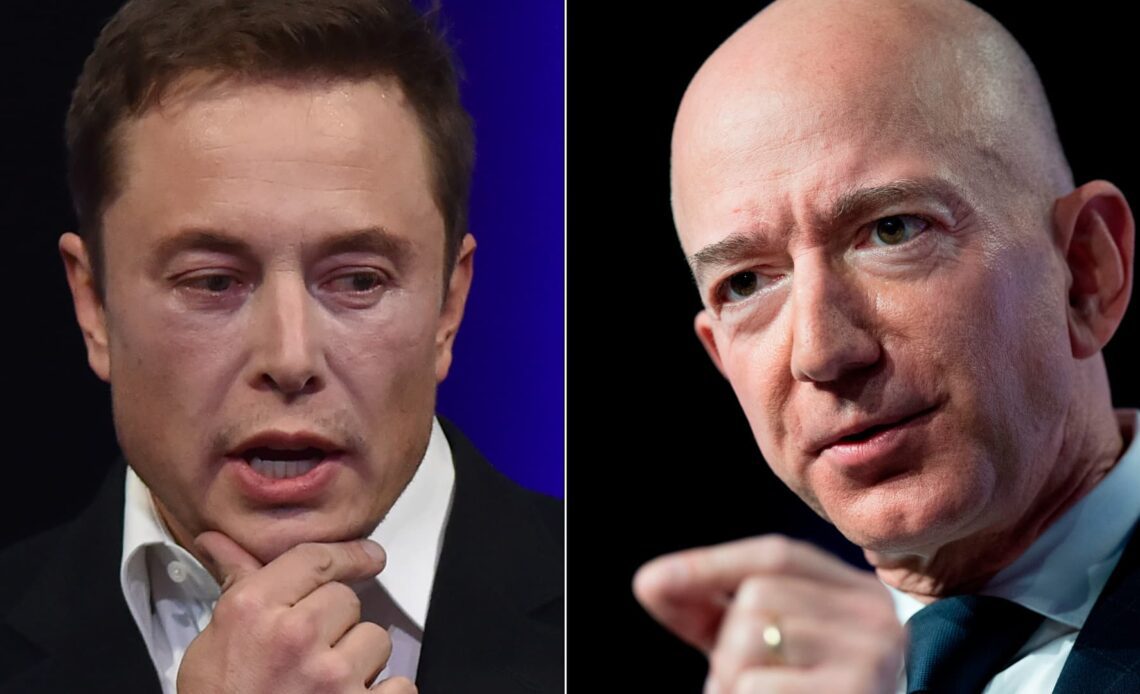The moon seen from the International Space Station on July 9, 2018.
Alexander Gerst | NASA
WASHINGTON — Jeff Bezos has his NASA moon ticket.
The billionaire’s space company, Blue Origin, won a key contract from the National Aeronautics and Space Administration on Friday to develop a crewed lunar lander for delivering astronauts to the moon’s surface later this decade under the agency’s Artemis program.
The effort is effectively a more than $7 billion project. NASA’s contract award is worth just over $3.4 billion, officials said Friday, and Blue Origin Vice President John Couluris said the company will contribute “well north” of the contract’s value as well.
“We’re making an additional investment in the infrastructure that will pave the way to land the first humans on Mars,” NASA Administrator Bill Nelson said in announcing the Blue Origin award. “Our shared ambitions now are no less lofty than when President [John F.] Kennedy dared a generation of dreamers to journey to the moon.”
An artist’s rendering of the lunar lander.
Blue Origin
Bezos said in a tweet Friday he’s “honored to be on this journey with @NASA to land astronauts on the Moon — this time to stay.”
The Blue Origin-led team — which includes Lockheed Martin, Boeing, Draper, Astrobotic and Honeybee Robotics — topped the proposal of a team led by Leidos-owned Dynetics.
Leidos, in a statement to CNBC, said that “helping NASA with the inspiring efforts to return to the Moon will remain a priority.” The company highlighted its existing and ongoing work on NASA systems and said the team is “committed to continuing to assist on these critical missions.”
NASA received two additional proposals for the SLD contract but neither was considered “fully compliant with solicitation requirements” and so were quickly discounted, Jim Free, NASA associate administrator for the agency’s exploration division, wrote in documents released Friday.
Known as the Sustaining Lunar Development, or SLD, program, the competition was essentially a second-chance contest that NASA organized after Elon Musk‘s SpaceX was the sole winner of the first crew lander contract in 2021.
That first program, called the Human Landing System, or HLS, gave SpaceX a contract to develop a variation of its Starship rocket for Artemis missions. Prior to the HLS award, NASA was expected to choose two winners, but the agency’s budget at the time and SpaceX’s…
Click Here to Read the Full Original Article at Top News and Analysis (pro)…


